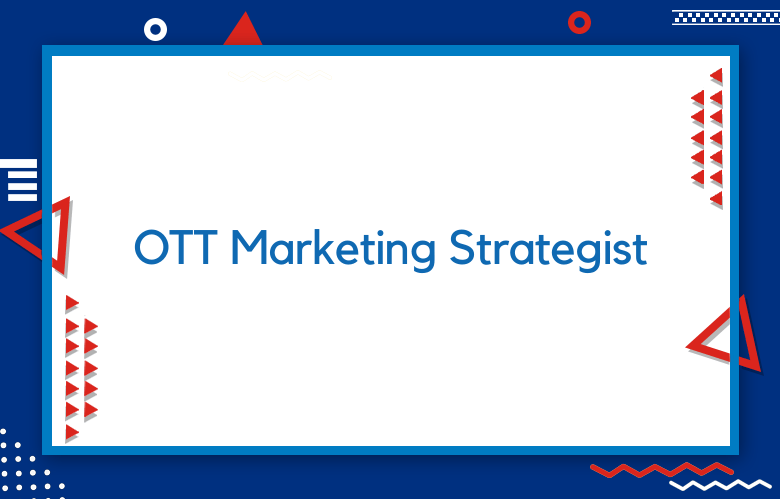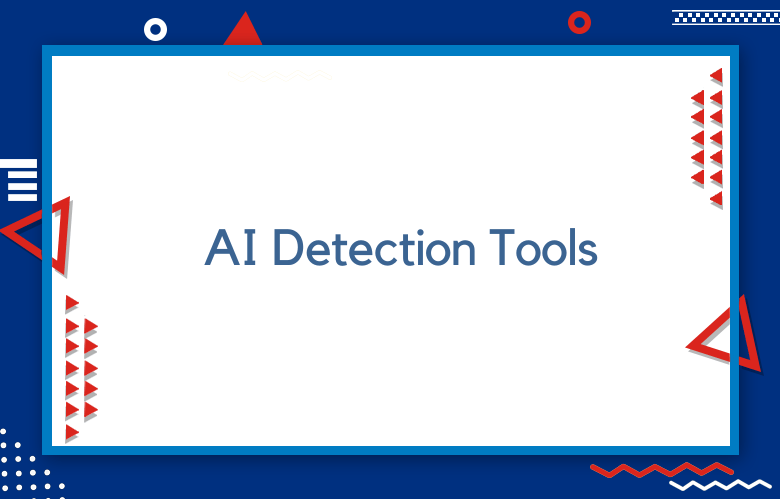Market Segmentation: How Can You Use Market Segmentation To Grow Your Business

Market segmentation is a crucial part of effective marketing. It divides a more significant market into smaller, more specific segments with shared characteristics and needs. By breaking down this giant, broad market into smaller, more manageable chunks, businesses can target particular groups of people who are likely to be interested in their product or service.
Look at how to use market segmentation and why it’s essential for businesses today.
What is Market segmentation?
Market segmentation divides a market into different groups of buyers with similar needs.
It involves identifying different types of customers with different needs and wants and other behaviors when purchasing products or services.
For example, a company may target women aged 25-35 with a household income of over $50K annually.
What do You need to know about Market Segmentation?
Market segmentation is an influential tool marketers use to understand their target audience better and optimize their marketing efforts.
It divides a large customer base into smaller groups with similar characteristics like age, gender, income levels, interests, or buying habits.
By segmenting your market, you can create tailored campaigns that are more likely to reach the right people and have a more significant impact.
How can You use Market Segmentation to Grow Your Business?
Once you’ve identified your target market segments, there are many ways in which you can use them to grow your business.
First, by targeting specific customer segments with specialized messaging and offers, you can increase engagement with those customers and build loyalty among them.
Focusing on particular parts of the industry that you feel are underserved by other businesses can help you develop unique offerings that will set you apart from the competition.
Understanding which segments are most likely to purchase from your business can help inform decisions around product development and pricing strategy so that they align more closely with what customers want and need from your company.
How does Market Segmentation work?
Market segmentation involves understanding customer needs and preferences and grouping customers based on those similarities.
This allows marketers to create targeted messages for each group of customers, increasing the effectiveness of their campaigns.
For example, if you’re trying to promote a new product line for young adults aged 18-25, you would create a campaign specifically catered to them.
This way, your message will be better received than if you targeted everyone with the same message.
Why is Market Segmentation important?
Market segmentation is important because it allows businesses to understand their customer base better and develop marketing campaigns tailored to customers’ needs and wants.
When you know more about your customers, you can create a more targeted approach to marketing, which will result in better engagement with those customers and, ultimately, more sales.
Understanding the different segments within your market will help you discover new opportunities for growth within existing markets or entirely enter new markets.
A Comprehensive Guide to Market Segmentation
Market segmentation is an essential tool for any business. It helps you identify your target market and tailor your products or services to meet their needs.
Market segmentation is a critical component of any successful marketing strategy.
It involves researching, analyzing, and dividing a market into specific segments to understand each segment’s needs and wants.
By understanding the needs and wants of each segment, businesses can create tailored marketing strategies that better reach their target audiences.
So, let’s dive into market segmentation and why it’s essential.
This blog post will explain market segmentation, its essential, and how to use it to grow your business.
The Benefits of Market Segmentation:
Market segmentation can help businesses increase their customer base by targeting those most likely to purchase their services or products.
By understanding the needs and characteristics of these groups, companies can create tailored messages that resonate with them better than generic ones.
As a result, they have a higher chance of being successful in reaching and converting potential customers.
Segmenting markets allows businesses to focus on one group at a time rather than attempting to reach everyone at once, which can be inefficient and costly.
Types of Market Segmentation
Businesses use several market segmentation methods to identify potential customers within the larger market.
Demographic segmentation is based on factors such as age, gender, race/ethnicity,
family size, or income level; geographic segmentation is based on where the customer lives (e.g., city or country); psychographic segmentation
It focuses on lifestyle factors such as interests and values; behavioral segmentation looks at how customers interact with products/services (e.g., purchase frequency).
Each type has advantages and disadvantages and should be used carefully to identify your business’sbusiness’s target audience.
Geographic Segmentation
Geographic segmentation is a market segmentation that involves dividing a market into different geographic regions.
This can be done on a global, national, or regional level. Companies often use geographic segmentation to target specific markets with products or services that are well-suited to the needs of that particular region.
Demographic Segmentation
Demographic segmentation is a market segmentation that divides a market into different groups based on demographic characteristics such as age, gender, income, education, and ethnicity.
Demographic segmentation is the most regular type of market segmentation, as it allows companies to target specific groups of consumers with products or services tailored to their needs.
Psychographic segmentation
Psychographic segmentation is a way of market segmentation that involves dividing a market into different groups based on psychological factors such as lifestyle, personality, values, and interests.
Psychographic segmentation can be used to identify potential customers for a product or service and to develop marketing campaigns that are tailored to their needs.
Behavioral segmentation
Behavioral segmentation is a way of market segmentation that involves dividing a market into different groups based on their past behavior, such as purchase history, brand loyalty, and usage patterns.
Behavioral segmentation allows companies to target specific groups of consumers with marketing messages that are likely to resonate with them.
Value-Based Segmentation
Value-based segmentation is a type of market segmentation that divides a market into different groups based on the estimated price of a product or service.
Value-based segmenting allows companies to target specific market segments with products or services that offer the best price value.
Life Stage Segmentation
Life stage segmentation is a market segmentation that divides a market into different groups based on life stages (such as students.
Young adults, families, empty nesters, and retirees). This type of segmentation can target specific consumer groups with products or services relevant to their stage in life.
Generational Segmentation
Generational segmentation divides a market into groups based on generation (such as baby boomers, Generation Xers, millennials, and Generation Z).
This type of segmentation can be used to target specific consumer groups with products or services that are relevant to their generation.
Market Segmentation Consultant
A Market Segmentation Consultant is a professional who specializes in finding and analyzing new opportunities in different markets and assessing the viability of existing ones.
A consultant will help companies identify target customer segments, assess their needs, and develop strategies for reaching them.
The consultant analyzes trends and makes recommendations based on market research, competitive intelligence, and industry analysis data.
They can also advise on how best to allocate resources to maximize each segment’s return on investment.
Additionally, they are proficient in creating detailed plans and processes to ensure that products or services are effectively marketed across multiple channels, emphasizing digital marketing techniques such as SEO and PPC campaigns.
Furthermore, a Market Segmentation Consultant is expected to be knowledgeable about the latest theories and practices related to market segmentation, such as psychographic profiling, brand loyalty studies, and buyer behavior models, among others.
In addition to these skills, consultants must possess strong business acumen, allowing them to offer insights into pricing strategies, distribution channels, and product development cycles that will consider organizational objectives and customer preferences.
It is also essential for a market segmentation consultant to have excellent communication skills to effectively explain their findings and recommendations to stakeholders at all levels of the organization so that the plan can be correctly implemented.
Moreover, they must possess strong analytical skills to analyze large datasets quickly and accurately and identify trends that can inform strategic decisions made by the business’s management team or board of directors.
A Market Segmentation Consultant must have an in-depth understanding of current technological advancements. This knowledge may be required when creating dynamic segmentations for mobile devices or social media platforms like Facebook or Twitter.
Conclusion
Market segmentation is essential to any successful marketing plan because it helps businesses narrow down their target audiences to effectively reach them with tailored messaging that resonates with them better than generic messaging.
By utilizing demographic, geographic, psychographic, and behavioral data points, businesses can create targeted campaigns that yield better results than traditional mass marketing methods.
Understanding your target audience is critical to developing effective campaigns to attract new customers and increase sales!
Call: +91 9848321284
Email: [email protected]



